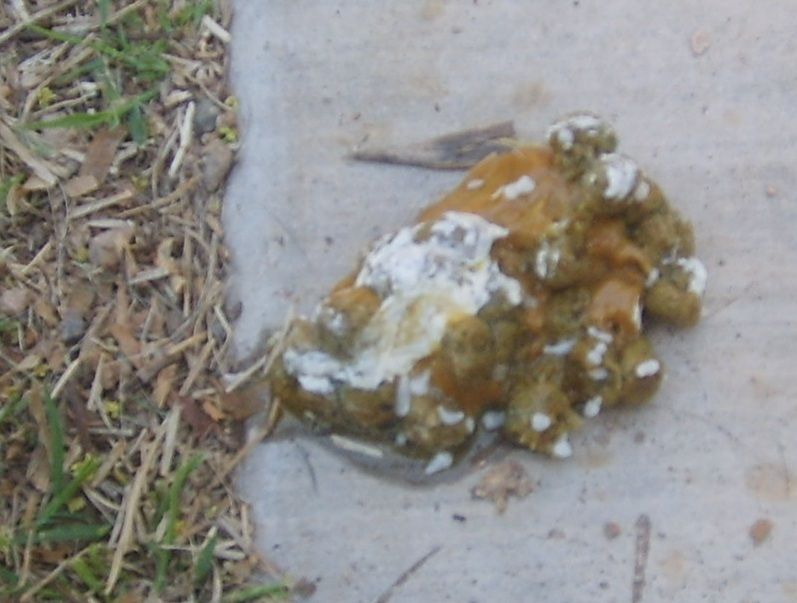I have found similar little white segments as pictured in the OPs pics, but Valbazen did not work. Now what?
The reason I used Valbazen was that I found poop with little, white rice type worms (or eggs or segments?) in it and researched on BYC for treatment. I then purchased Valbazen and treated the entire flock. I accidentally overdosed with the first treatment - 1 cc per chicken and then used .5 cc per chicken 10 days later, so I know the chickens received enough dewormer. I saw poops with rice looking worms in poops during treatment and after treatment too. Not all the poops have these segments, but some do.
Also, I just found another freshly laid poop with segments today (can upload pic later). I scooped the poop onto a paper plate. The segments (or worms) were alive - they even crawled/moved - a couple moved across the plate about 2 inches before stopping/dying. After about 20-30 minutes there was no more movement in any of the white things. I used a dissecting tool to lightly touch them, but still no movement - they were now dead. I dug through the poop and didn't find any rice things inside it - all had been on the outside of the poop.
I know these things came from inside the chicken and were not laid by anything else, because I saw the chicken poop it out. Would tapeworm segments crawl? Would they act like they are alive and then die after being exposed to air? Anything else it could be? My vet wants $31 to tell me what type of worm it is, but I'd have to find another fresh poop during their office hours and I'd prefer to save the $31. I'll post a pic soon - it's on my other computer.
The reason I used Valbazen was that I found poop with little, white rice type worms (or eggs or segments?) in it and researched on BYC for treatment. I then purchased Valbazen and treated the entire flock. I accidentally overdosed with the first treatment - 1 cc per chicken and then used .5 cc per chicken 10 days later, so I know the chickens received enough dewormer. I saw poops with rice looking worms in poops during treatment and after treatment too. Not all the poops have these segments, but some do.
Also, I just found another freshly laid poop with segments today (can upload pic later). I scooped the poop onto a paper plate. The segments (or worms) were alive - they even crawled/moved - a couple moved across the plate about 2 inches before stopping/dying. After about 20-30 minutes there was no more movement in any of the white things. I used a dissecting tool to lightly touch them, but still no movement - they were now dead. I dug through the poop and didn't find any rice things inside it - all had been on the outside of the poop.
I know these things came from inside the chicken and were not laid by anything else, because I saw the chicken poop it out. Would tapeworm segments crawl? Would they act like they are alive and then die after being exposed to air? Anything else it could be? My vet wants $31 to tell me what type of worm it is, but I'd have to find another fresh poop during their office hours and I'd prefer to save the $31. I'll post a pic soon - it's on my other computer.

 I'll have to wait till hubby gets back in to town, so that he can help me with the process. The segments look like tadpoles - bigger on one end, but then squish up and move around.
I'll have to wait till hubby gets back in to town, so that he can help me with the process. The segments look like tadpoles - bigger on one end, but then squish up and move around. 



